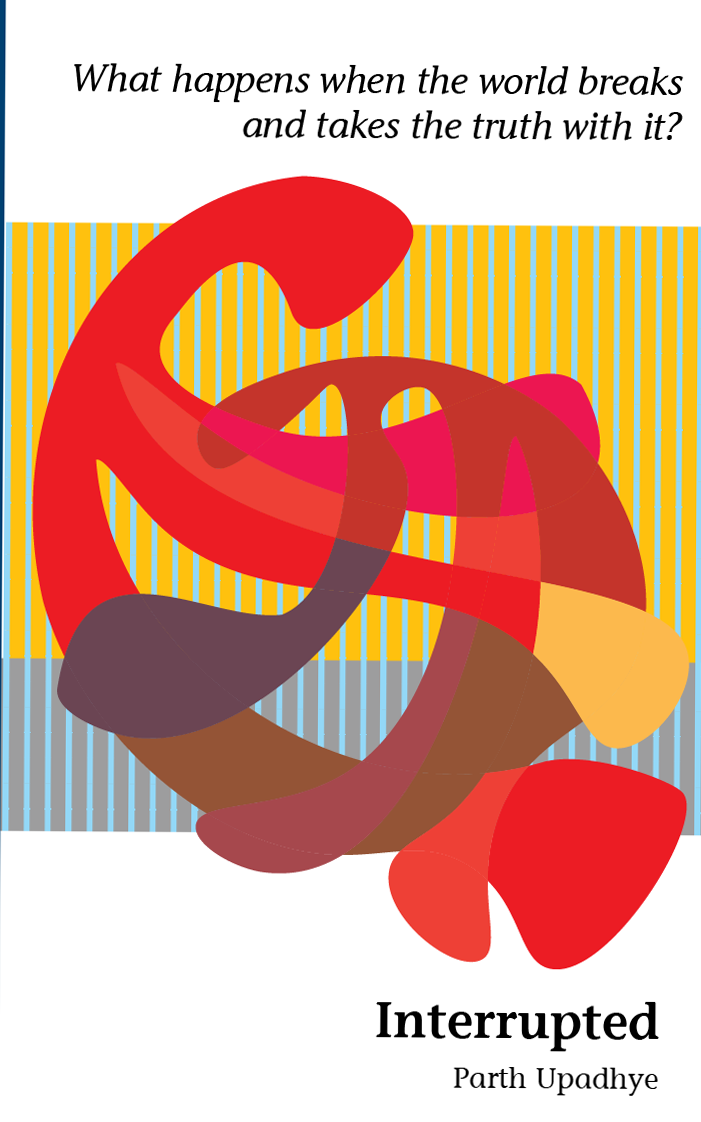The recently released campus drama Rebel has sparked outrage from members of a marginalized community, who argue that the film misrepresents them and reinforces harmful stereotypes.
The central character in the film, a fiery student activist from the daemon community—a group that has often claimed historical oppression—leads a protest against institutional sexism. While the film has been praised for tackling gender and class power dynamics, critics say it ultimately undermines its own message by depicting the protagonist as impulsive, divisive, and ultimately destructive.
Many within the community are expressing concern that the film suggests members of marginalized groups are unfit to lead or incapable of constructive resistance. “This isn’t representation—it’s vilification,” read one widely shared post online.
Frustrations have also been fueled by revelations that the creative team behind the film includes no members of the community portrayed, raising questions about voice, authorship, and accountability in storytelling.
Online, hashtags like #NotYourStory and #RebelFilmBacklash have gained traction, calling for a boycott of the film and demanding structural changes in the industry.
As the debate intensifies, the controversy has reignited broader conversations about who gets to tell whose story—and at what cost.
Source: News outlet



